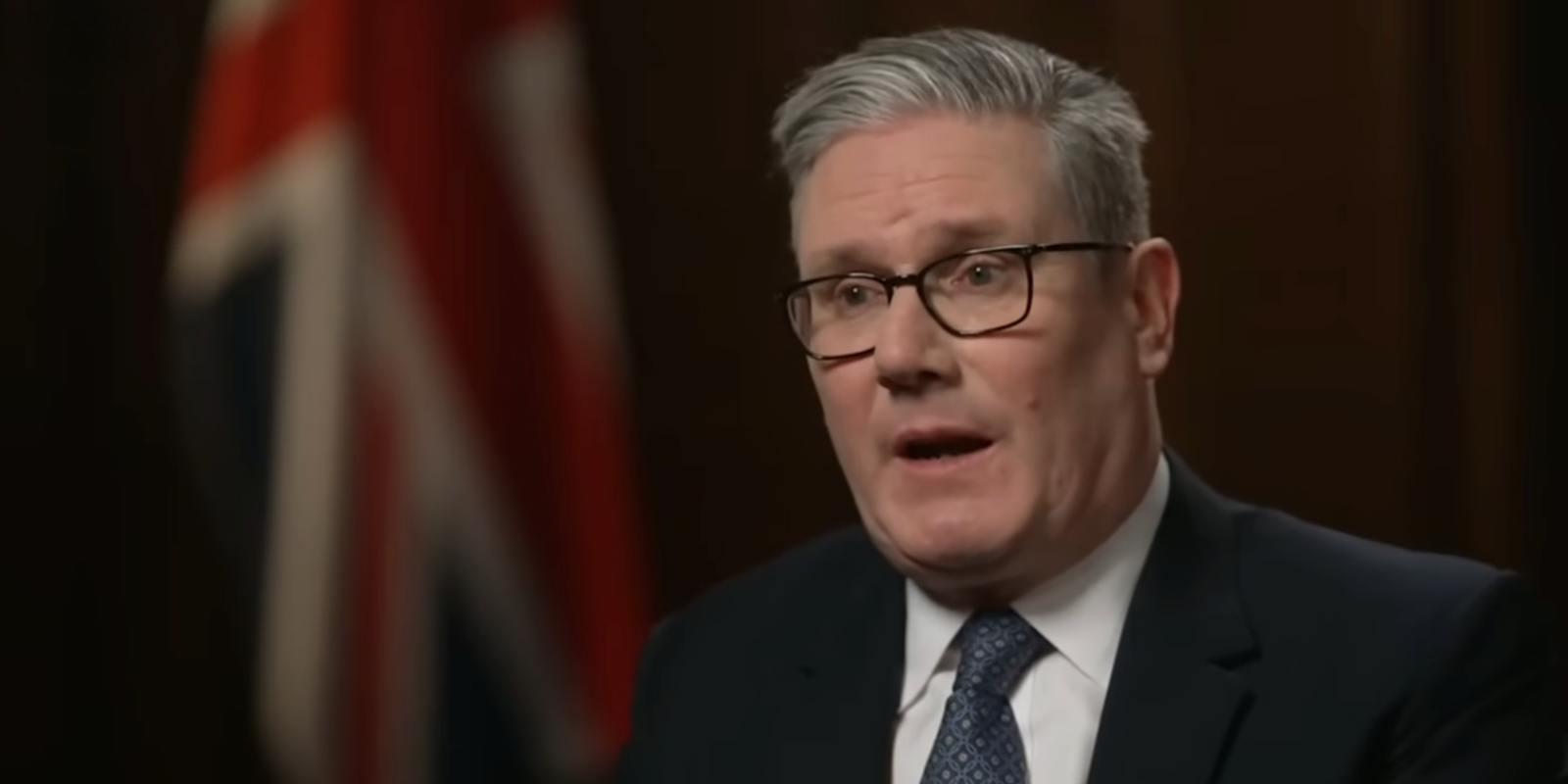For at least the last century or so, there has been a basic, civic deal in American society and life: if you worked hard, even at modest employment, working-class luxuries were available.
Today, in our cold and all-too-empty, post-Covid lockdown age, that promise is being reneged on, and our nation is paying the price.
Our shopping malls, where they still exist, are too often cesspools of half empty floors filled with a stale sense of reminiscence of what once was.
In the stores that are open, like LuluLemon and Lowes, employees are fired for trying to stop criminals from ravaging the shelves in their thievery. What message does this send to the middle-class consumer if not, “You can come, but there might be a flash mob of shoplifters."
Our movie theaters, once shimmering with the glamor of Hollywood and dreams, lay in depressed doldrums of dirty destitution, where the projectors or air conditioning don't even work.
A trip to Disney World, which was traditionally a manageable extravagance for a sanitation worker with a wife and two kids, might as well be a first-class flight on the Concorde these days. Even Disney head honcho Bob Iger says it's too expensive.
In New York, the government wants to shut down wood-fire pizza joints to save the planet. These are some of the only restaurants in the city where a couple can have a tablecloth, a bottle of Chianti, and get out for under a hundred bucks.
Notice that when it comes to climate change, it’s always the working man’s gas stove, or gas car, or power generator that gets the ax. It's never, for example, John Kerry or Leonardo DiCaprio’s private jets.
Even the parks and recreation centers in most of our cities stand in stolid disrepair, many overrun by junkies, and some just abandoned by local governments completely.
Public pools are in decline. So if you can’t afford that country club membership and there isn’t a YMCA near you, then sorry, you and your kids are just out of luck.
The list goes on. And on. And on.
Now to be sure, for those flush with a few more bucks in their pockets, there are upscale versions of everything listed above, Alamo Drafthouses, malls that feature Fendi and Ferragamo, there is fine dining and VRBO vacations in fancy private homes, but what is left for the working class?
Here the story moves from depressing to insidious, because what middle-class luxuries do exist now - today’s riches of the poor - all have one society-crushing thing in common: they don’t require anyone to leave the house.
Today’s luxuries? The big screen TV, the streaming services and WiFi plans, Amazon Prime, everything you could possibly want, delivered right to you, just please don’t go outside.
To whatever degree it may have been intentional, the Covid-lockdowns were a kind of an experiment; we didn’t actually know if any semblance of society could survive if everyone stayed home. Sadly, we sort of succeeded.
And our corporations learned the lesson well: no rent to pay on brick and mortar stores, in-person American employees replaced by cheap foreign customer service representatives, or worse, AI, that send you through endless Mobius loops of fruitless phone calls.
And it’s not so much that our corporate overlords are engaged in social engineering, though who knows; it's just profitable for them to keep us penned in our houses, suckling at the teat of big tech.
But where is the joy? Where are the affordable finer things that fill our lives with meaningful memories? Must they be replaced by blinking screens in the light dimmed confines of our private dwellings?
Where is American public life for the farm worker who can’t drop a thousand bucks on a Taylor Swift ticket?
Where are the amenities for the men and women whose manual labor makes all of the wonders enjoyed by the wealthy elites possible?
Where can a hardscrabble mom and dad, the most basic unit of civic life, take their kids, affordably, to build the kind of experiences we took for granted for so long?
Increasingly, corporations and their elites are pushing us towards a world in which they frolic on super yachts while not even saying, “let them eat cake,” it's “let them eat microwave popcorn and watch Netflix.”
How long before the message to the masses literally becomes, just go to work, get home, put on the VR goggles, smoke your legal weed, eat your fake hamburger made of bugs and then die?
This is a crisis that is out of sight of most in the media, which has the means to circumvent our society’s appalling lack of working class luxuries, but the workers feel it, even if they lack the means to broadcast their dismay.
Make no mistake, this staggering lack of affordable social activities is a crisis.
Every person who puts in a day’s work has the right to expect that they can have a few nice things, a few enriching experiences, because without those moments, without those interactions, what are we even doing here?





